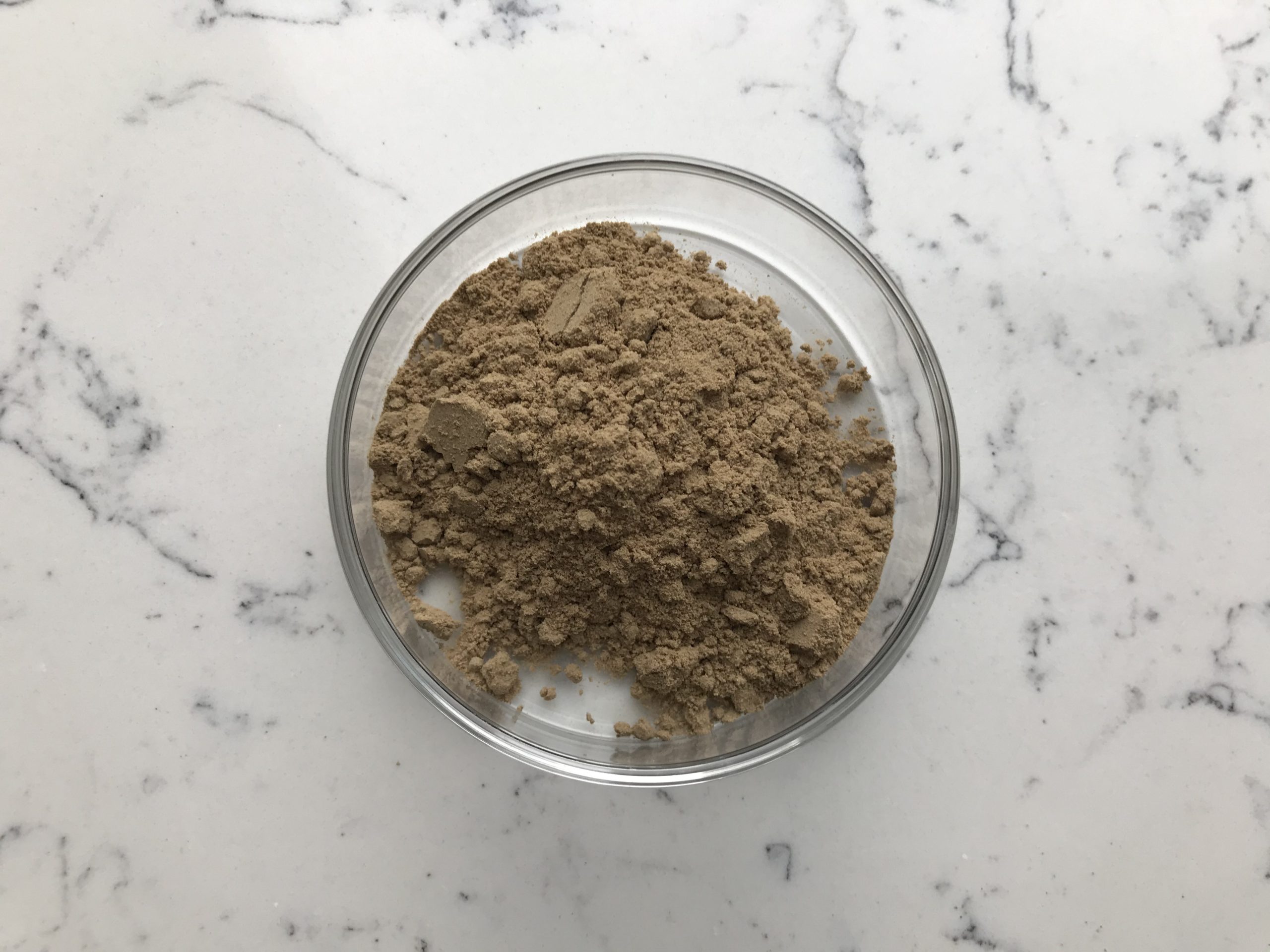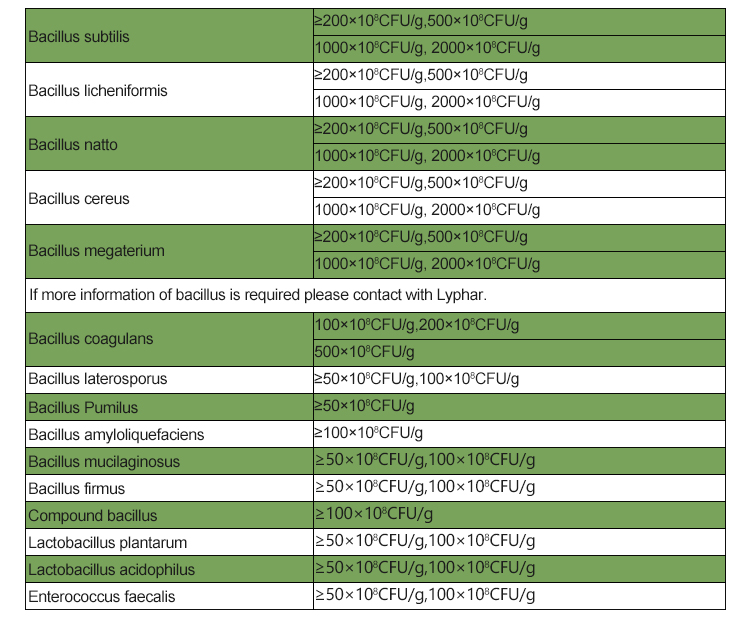Bacillus pumilus is a species of bacteria that belongs to the genus Bacillus. It is a Gram-positive, rod-shaped bacterium that can be found in various environments, including soil, water, and air. Bacillus pumilus has gained attention due to its ability to produce various enzymes, antimicrobial compounds, and other biotechnologically important substances.

The processing of Bacillus pumilus can involve several steps, depending on the purpose and application. Here is a general outline of the processing steps:
- Isolation and identification: Bacillus pumilus can be isolated from a natural environment (e.g., soil samples) using selective media and culture techniques. Once isolated, the bacterium is identified based on its morphological and biochemical characteristics, or advanced techniques like DNA sequencing.
- Maintenance and culture: Once the bacterium is identified, it can be maintained and propagated in the laboratory using nutrient-rich culture media. Regular subculturing is done to ensure its viability and purity.
- Fermentation: The main processing step involving Bacillus pumilus is fermentation. Fermentation is the controlled growth of bacteria in large-scale bioreactors or fermentation tanks. In the bioreactor, the bacterium is provided with an optimal environment (nutrients, pH, temperature, oxygen) to grow and produce the desired product.
- Product extraction: After the fermentation process, the target product is extracted from the bacterial biomass. This can involve various methods such as centrifugation, filtration, and purification steps to separate the desired product from other components of the culture broth.
- Downstream processing: In some cases, further processing steps may be required to purify and concentrate the product. This can involve chromatography, precipitation, or other techniques to isolate and refine the product.
- Formulation and application: The final processed product can be formulated into various forms depending on its intended application. For example, if Bacillus pumilus is being used as a biofertilizer, it may be formulated as a powder or liquid to be applied to agricultural fields. If it is being used as a biocatalyst or enzyme producer, it may be formulated for use in industrial processes.

It’s important to note that the processing steps can vary significantly based on the specific product or application of Bacillus pumilus. This bacterium has been studied for various biotechnological applications, including enzyme production, biocontrol of plant pathogens, and bioremediation of pollutants. Each of these applications would require different processing methods and considerations.
Effect of Bacillus Pumilus
As of my last update in September 2021, Bacillus pumilus is a Gram-positive, rod-shaped bacterium that belongs to the Bacillus genus. It is a ubiquitous organism commonly found in soil, water, and various natural environments. Bacillus pumilus has been studied for its potential applications in biotechnology, agriculture, and medicine, and some of its effects include:
- Bioremediation: Bacillus pumilus has been investigated for its ability to degrade organic pollutants and participate in bioremediation processes. It can break down various contaminants, helping to clean up environmental pollution.
- Plant Growth Promotion: Some strains of Bacillus pumilus have been shown to promote plant growth and increase crop yields. They can enhance nutrient availability in the soil, produce growth-promoting substances, and protect plants from pathogens.
- Biocontrol: Bacillus pumilus has been explored for its biocontrol potential against various plant pathogens. Certain strains produce antimicrobial compounds that can inhibit the growth of harmful bacteria and fungi, providing protection to plants.
- Enzyme Production: Bacillus pumilus can produce a range of enzymes, including amylases, proteases, and lipases, which have industrial applications in various sectors like food processing, detergent production, and biofuel production.
- Biotechnology: Bacillus pumilus has been used in biotechnological applications due to its ability to secrete useful enzymes and metabolites. It has also been engineered for specific purposes in biotechnology research.
- Food Spoilage: In some cases, Bacillus pumilus can be associated with food spoilage, especially in poorly preserved food items.

It is essential to note that the specific effects of Bacillus pumilus can vary depending on the strain and environmental conditions. Moreover, scientific research is an ongoing process, and there might be further developments and discoveries beyond my knowledge cutoff date. For the most current information, it is advisable to consult up-to-date scientific literature and reputable sources.
